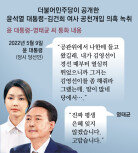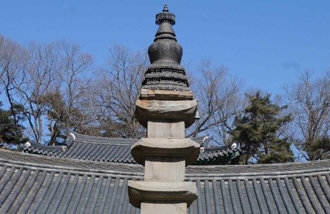‘China’s high growth era came to an end,’ say economists
‘China’s high growth era came to an end,’ say economists
Posted January. 10, 2023 08:03,
Updated January. 10, 2023 08:03
Economists around the world predict that high-interest rates, China’s low growth, and tensions between the U.S. and China will consistently bring uncertainty and an impact on the global economy with the end of ultra-low interest rates and China’s high growth period.
Kenneth Rogoff, a professor from Harvard University, virtually joined the American Economic Association in New Orleans. “We live in an era of many shocks. We may be at a turning point for the global economy,” said Rogoff. “In the past hundred years, the rise of China was notable, but now, its growth rate is slowing down at a rapid pace.” He also presented an analysis of housing prices in China’s small cities which take up 60 percent of China’s Gross Domestic Product already plummeting by 20 percent.
Many economists warned of the end of the era of ultra-low interest rates. Former U.S. Treasury Secretary Lawrence Summers predicted no secular stagnation even in the post-Covid period. “In the wake of World War II, many economists had warned of an economic recession like the Great Depression in 1930. However, thanks to public investment in infrastructure by the government, the economy leaped,” said Summers. “Therefore, in the wake of the pandemic, there would be no return to secular stagnation nor ultra-low interest rates due to massive government spending.” He added. He believes that rising defense spending due to tensions between the U.S. and China and increased government spending for transitioning to a net-zero economy would prevent ultra-low interest rates.
In the meantime, economists had a different view on dealing with inflation. Joseph Stiglitz, a professor from Columbia University, said, “The belt-tightening effort of the Fed isn’t helping curb inflation which was caused by the pandemic-induced supply shock.” However, Pierre-Olivier Gourinchas, a chief economist of the IMF, said that although unemployment rates go up, the Fed and central banks across the world should maintain their will to curb inflation.
Hyoun-Soo Kim kimhs@donga.com
Headline News
- N. Korea conducts ICBM test ahead of U.S. presidential election
- Samsung Electronics to expand 5th Gen HBM Sales in Q4
- Gov’t flags possible tax evasion among pension exemption applicants
- Draft of U.S.-brokered 60-day truce between Israel and Hezbollah leaked
- Half of working seniors earn less than 1 million won per month







